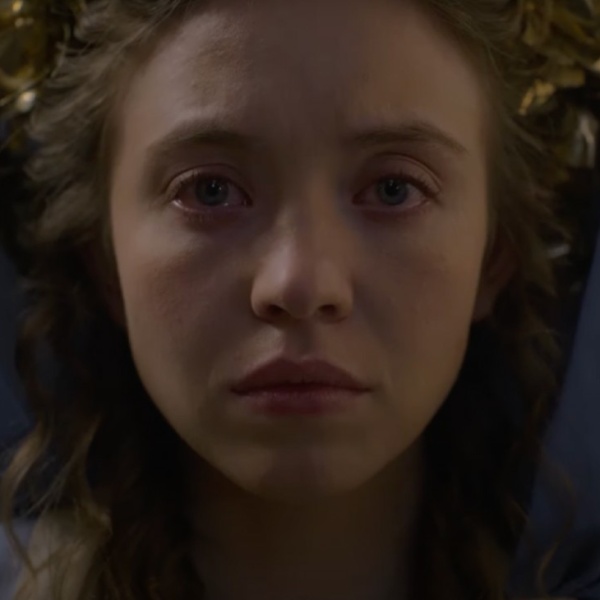
“The Illusionist” has an interesting history, and it seems downright magical that it made it to the cinemas at all. The project originated as a script by French comedy master Jacques Tati, completed with his writing partner Henri Marquet shortly before Tati would tackle his large-scale comedy masterpiece “Trafic.” A small tale, about an aging magician and the young girl he befriends, the script was deemed “too painful” for the director, since the script was an exorcism of sorts, as it dealt with the daughter he abandoned many years before.
Several years ago, one of Tati’s daughters gave the script to animator Sylvain Chomet. This was even before his film, “The Triplets of Belleville,” would be nominated for two Oscars and that damn song would be played at every “hip” coffee shop from here to Omaha. After Chomet was kicked off of the Hollywood project “The Tale of Desperaux,” which wound up being a costly flop in his absence, he decided to return to the script, making some changes, as well as offering the ballsy and brilliant move of making the main character an animated version of Tati (at the age Tati would have been had he originally made the movie).

But don’t let the fabled back story of the film trip you up. As amazing as the prospect of seeing “a new Jacques Tati” film is, “The Illusionist” turns out to be so much more. It’s a movie that’s both quiet (there’s virtually no dialogue – eat your heart out, “WALL-E“) and small (running less than 80 minutes) but in that short amount of time it will absolutely absorb you and then, at the end, break your fucking heart.
The story, which is sparse, follows the titular illusionist, who you get the impression was of a much higher standing many years before. These days, in Europe in the 1950s, he goes on after Beatles-esque rock’n’roll bands (whose audiences leave along with the musicians) and carries around a lone poster advertising his magical feats. While doing a trick which involves him producing multiple wine bottles from his mouth, he impresses a drunken old man, who invites him to perform at a tavern in Scotland. It’s here that he befriends an odd young girl, who convinces him to let her tag along.
That’s pretty much all of the conventional plot you’re going to get out of “The Illusionist.” You watch him perform at various venues to audiences that could care less, and you watch him interact with the young girl, who freed from her dumpy Scottish surroundings, wants the magician to buy things for her. Their relationship has an odd dynamic, but as characters they’re completely fascinating, and the movie’s last act, which is at turns both sorrowful (with the magician consigning himself to unhappiness and solitude) and uplifting (as we watch the young girl embrace her burgeoning womanhood). They are both on different paths in life, it’s where they mingle and meet that is absolutely touching and, ultimately, heartbreaking.
Chomet chose to animate “The Illusionist” traditionally, with flourishes of computer animation (‘Desperaux’ would have been his first foray into total computer animation.) What this decision does is give every character the chance to look totally amazing, with caricatured faces that are somehow overblown and wholly recognizable, but also give the characters’ movements an unheard of amount of fluidity and grace. When the magician is performing, you hang on every note of his act, it’s so convincing. This emphasis on character movement was obviously a given, since Tati’s films are so steeped in physical comedy and sight gags, but it remains striking because the movie is almost silent (when it couldn’t have been).
It would be a shame if this tiny, one-of-a-kind, postage stamp-sized film were overlooked, both in the crush of late-in-the-game 2010 releases and in the Academy Awards prestige-grab. It’s both gorgeously animated and totally accessible. In this reviewer’s estimation, it’s just as artful and emotionally rich as the two front-runners for the Best Animated Feature Oscar, “Toy Story 3” and “How to Train Your Dragon.” It’s just that with Sylvain Chomet’s “The Illusionist,” you aren’t required to wear 3D glasses and there isn’t any dialogue. [A]





